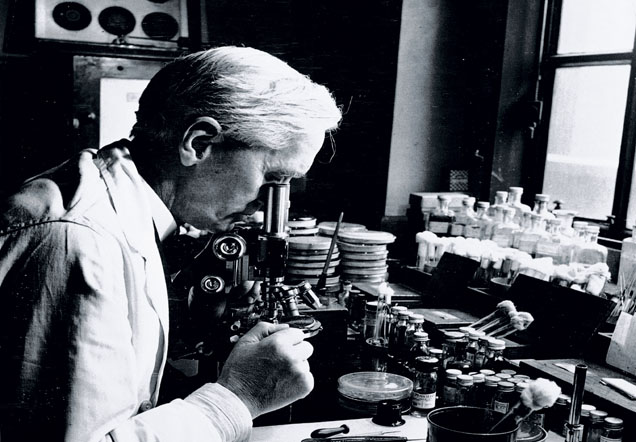Today, we’re inviting you to decide on the greatest British innovation of the last hundred years – from crystallography to quantum dots – and the innovation most likely to shape our future.

Image Credit: Credit © Daily Herald Archive/National Media Museum / Science & Society Picture Library
British innovations are all around us. In the words of Prof Stephen Hawking (himself shortlisted for two innovations), “I am passionate about British innovations. They’ve kept me alive, enabled me to communicate and transported me around the world.”
With over a hundred innovations for you to choose from, we called in some favours and asked a few famous faces from the world of science (and beyond) what they would pick and why. We’ll be sharing these over the next week here on the blog, Twitter and Facebook, covering a decade’s worth of innovation each day.
Perhaps you agree with Stephen Fry that Alan Turing’s Universal Machine is our greatest innovation… listen to ‘Stephen Fry’ on Audioboo
Or do you believe Sir Paul Nurse is correct in championing the discovery of Penicillin? listen to ‘Sir Paul Nurse ’ on Audioboo
Or maybe you are convinced that Brian Eno is right to celebrate the World Wide Web? listen to ‘Brian Eno’ on Audioboo
Vote here for these innovations and more from today, and throughout National Science and Engineering Week, until 24th March.
You can even celebrate your favourite innovation via twitter using #GreatVote.
The Great British Innovation Vote, a quest to find the greatest British innovation of the last 100 years, was devised by the GREAT Britain campaign, the Science Museum Group, Royal Academy of Engineering, Royal Society, British Science Association, Department for Business, Innovation and Skills, and Engineering UK.